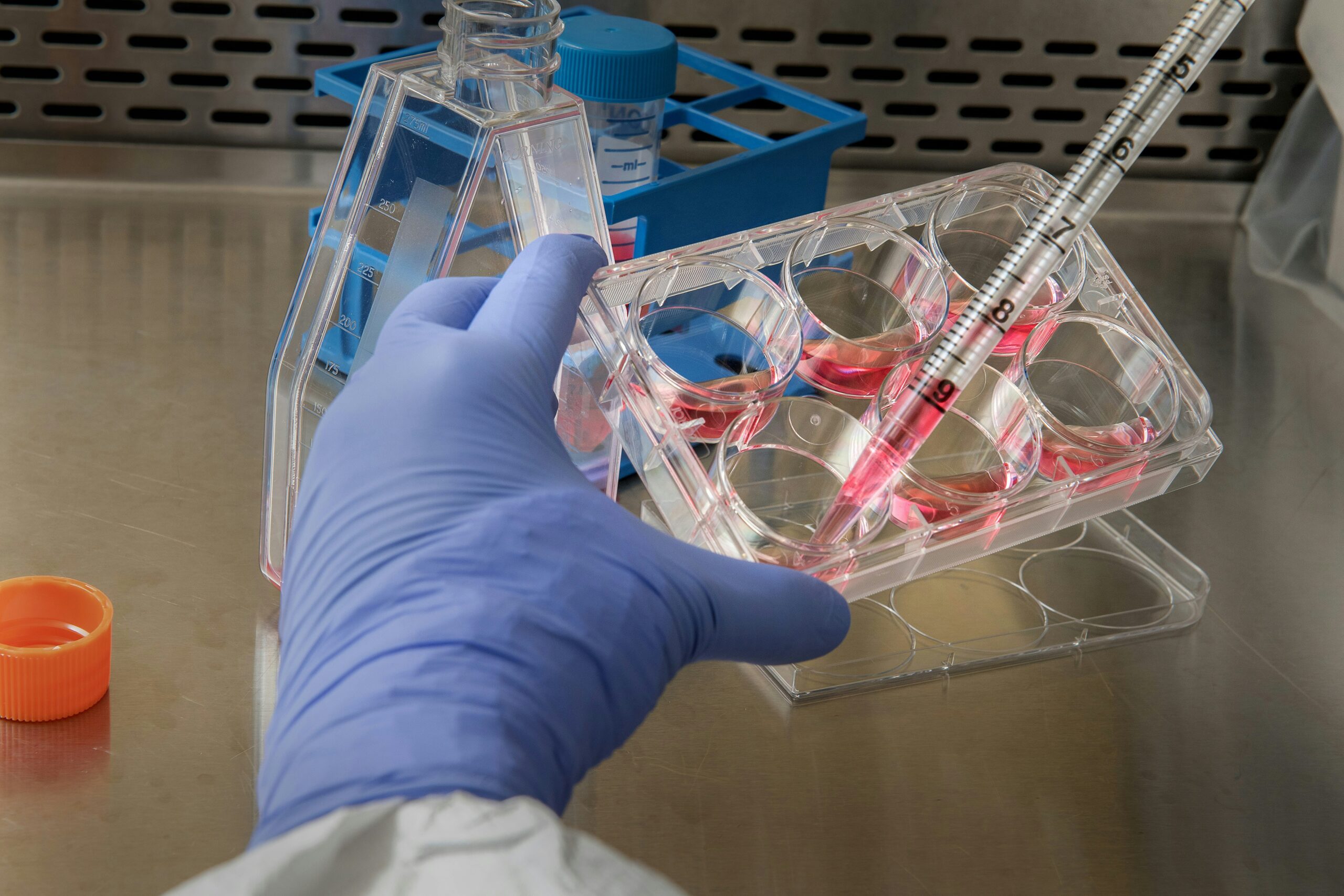
Hematologic malignancies, or blood cancers, include leukemia, lymphoma, and multiple myeloma. These conditions affect the blood, bone marrow, and lymphatic system. Over the past decade, research in this field has advanced at a rapid pace. Scientists are uncovering new ways to diagnose, monitor, and treat these cancers with better precision. The focus today is not only on improving survival but also on enhancing quality of life. New therapies are transforming the way we approach treatment, bringing hope to patients and their families.
Expanding Role of Immunotherapy
One of the most exciting research areas in hematologic malignancies is immunotherapy. This approach uses the body’s own immune system to fight cancer. In the past, standard treatments like chemotherapy and radiation targeted cancer cells but also harmed healthy cells. Immunotherapy takes a different path.
CAR T-cell therapy is a breakthrough. In this treatment, a patient’s T-cells are taken, modified in a lab, and returned to the body to target cancer cells. Research suggests that this method can lead to long-term remissions in patients with certain leukemias and lymphomas. Clinical trials are now testing ways to make CAR T-cell therapy safer, more effective, and available for more cancer types.
Checkpoint inhibitors are also gaining ground. These drugs remove the “brakes” that cancer places on the immune system. By freeing immune cells to attack tumors, they have shown promise in some blood cancers. Researchers are studying how to combine checkpoint inhibitors with other treatments for even stronger results.
Precision Medicine and Genetic Insights
Genomic profiling helps identify the exact mutations driving cancer growth. By understanding these genetic changes, doctors can select drugs that target them specifically. For example, targeted therapies for chronic myeloid leukemia have already transformed patient outcomes. Now, similar precision treatments are being developed for other types of blood cancer.
Researchers are also looking at minimal residual disease (MRD). This refers to small numbers of cancer cells that remain after treatment. Detecting MRD with sensitive genetic tools allows doctors to predict relapse earlier. Clinical trials are exploring how MRD testing can guide treatment decisions, such as adjusting drug doses or introducing new therapies before relapse occurs.
Epigenetics, which studies how genes are turned on or off without changing the DNA sequence, is another growing area. Drugs that influence epigenetic changes are showing promise in leukemia and lymphoma. These therapies could open new doors for patients who do not respond well to traditional treatments.
Advances in Cell and Gene Therapies
Beyond immunotherapy, researchers are pushing the boundaries of cell and gene therapies. These innovations focus on altering cells or genes to fight cancer more directly.
Gene editing tools like CRISPR are now being tested in clinical studies. Scientists can use CRISPR to change immune cells and make them better at recognizing and attacking cancer. Early trials are showing encouraging results, and researchers hope these methods could one day replace more toxic treatments.
Stem cell transplants have long been used in blood cancer treatment. Now, scientists are working on improving safety and success rates. Novel conditioning regimens, which prepare the body for transplant, are becoming less toxic. This makes transplants more accessible to older patients or those with other health problems.
Natural killer (NK) cells are also getting attention. Unlike T-cells, NK cells do not need prior training to recognize cancer cells. Clinical trials are testing NK cell therapies as a new option for patients who do not benefit from other treatments. Combining NK cells with genetic modifications may enhance their ability to fight cancer.
Digital Health and Artificial Intelligence
Technology is reshaping research in hematologic malignancies. Digital health tools and artificial intelligence (AI) are helping researchers and doctors in new ways.
AI can analyze massive amounts of genetic and clinical data quickly. This allows researchers to spot patterns and predict outcomes with greater accuracy. AI-based models are being tested to inform treatment decisions, predict relapse risks, and tailor care plans to individual needs.
Wearable devices are also playing a role. Patients with blood cancers often face long treatment journeys. Wearables can track vital signs, activity levels, and even side effects in real time. This data enables doctors to monitor patients closely without requiring frequent hospital visits.
Telemedicine has gained importance, too. For patients with weakened immune systems, avoiding unnecessary exposure is critical. Virtual visits and digital monitoring help provide safe, continuous care while reducing the burden of travel.
Big data platforms are making clinical trials more efficient. Researchers can gather and share information across institutions faster than ever. This global collaboration accelerates the development of new treatments and ensures patients gain access to cutting-edge therapies sooner.
New Strategies for Supportive Care
While much focus is on curing blood cancers, supportive care remains essential. Patients often face complications from both the disease and its treatment. Research is driving progress in this area as well.
One central area is managing infections. Patients undergoing chemotherapy or stem cell transplants are at high risk for serious diseases. New preventive drugs and vaccines are being developed to protect these vulnerable groups. Researchers are also exploring ways to boost immune recovery after treatment.
Another focus is on reducing the side effects of treatment. Novel drugs and targeted therapies are designed to spare healthy cells, but some patients still experience fatigue, nausea, or organ damage. Clinical studies are testing methods to prevent or reduce these effects, allowing patients to maintain a better quality of life during therapy.
Psychological support is also gaining recognition. Living with hematologic malignancies can be overwhelming. Researchers are examining digital apps and therapy programs that offer mental health support. These tools can help patients cope with stress, anxiety, and depression during their treatment journey.